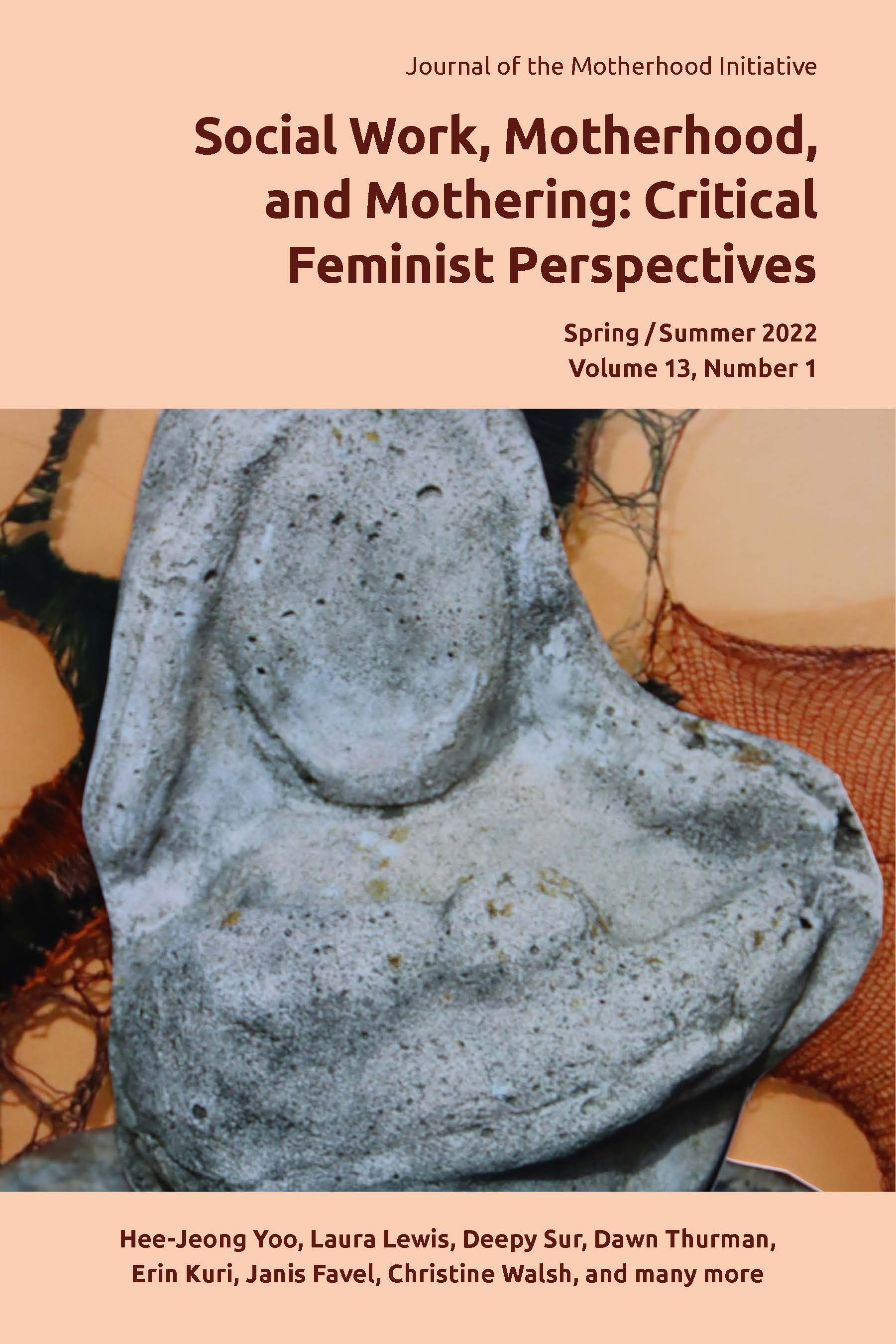Social Welfare Policy in Brazil: The Reproduction of Gender Stereotypes and the Invisibility of Work Overload for Mothers
Abstract
This article approaches how gender stereotyping shapes social welfare policy implementation in harmful ways in the State of Rio Grande do Sul, Brazil. Social welfare workers were submitted to online questionnaires and personal interviews who revealed that gender stereotypes are present in the implementation of social welfare policy. Therefore, these practices end up reinforcing the sexual division of labour inside the family itself. Within this context, the majority of users of social welfare are women. The social welfare policy contributes to the maintenance of stereotyped gender roles when they attribute the care of children and the household chores to women rather than providing the needed support for the family to be able to protect their family members. The article concludes that the social welfare policy is contradictory because it defends the maternity protection. However, the structural context of rights violation experienced by these mothers—such as lack of daycare, lack of an adequate income, and poor living conditions—is dismissed during the intervention process. Therefore, women are considered responsible for the fulfilment of the program conditions, and if they fail, they are considered responsible and may lose their social benefit, reproducing the cycle of victimization and poverty.
Downloads
Published
How to Cite
Issue
Section
License
All intellectual property in relation to material included on this site belongs to the Motherhood Initiative for Research and Community Involvement (MIRCI). All material on this site is protected by Canadian and international copyright and other intellectual property laws. Users may not do anything which interferes with or breaches those laws or the intellectual property rights in the material. All materials on the Motherhood Initiative for Research and Community Involvement (MIRCI) are copyrighted and all rights are reserved. Any reproduction, modification, publication, transmission, transfer, sale, distribution, display or exploitation of the information, in any form or by any means, or its storage in a retrieval system, whether in whole or in part, without the express written permission of the Motherhood Initiative for Research and Community Involvement (MIRCI) is prohibited. Please contact us for permission to reproduce any of our materials. This site may include third party content which is subject to that third party's terms and conditions of use.


